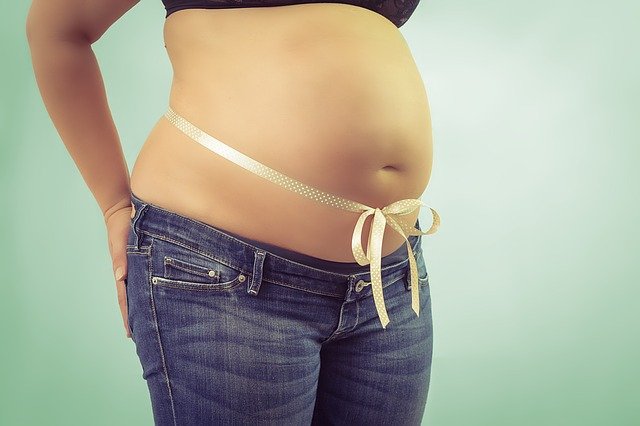
A healthy body weight is important for our physical and mental health.
For women who plan to get pregnant, a healthy weight is the first thing they need to achieve.
But recent data shows that about 1 in 3 women of child-bearing age have obesity or are overweight.
Obesity can bring many risks to pregnancy. Obese women have higher risk of gestational diabetes, gestational high blood pressure, and C-section.
Obesity in moms can also harm newborn babies. For example, babies may have higher risk of pre-term delivery, large-for-gestational age, and the need of special nursing care or intensive care unit.
In some obese moms, their babies have higher childhood obesity risk. This may increase their higher obesity risk in adulthood.
However, scientists don’t have strong evidence showing that losing body weight during pregnancy could strongly improve pregnancy outcomes.
For example, some studies show that even obese women control their body weight during pregnancy, they still have a high risk of giving birth to a baby 90th centile for gestational age.
A recent UK study finds that losing body weight through lifestyle change and education can improve metabolic functions in obese pregnant women, but there is no evidence that it reduces the risk of obesity-related pregnancy complications.
Other studies show that obesity is linked to abnormal metabolic functions and insulin resistance.
Insulin resistance could affect glucose metabolism, which plays a big role in pregnancy health. Even a small increase in maternal glucose is linked to bad pregnancy outcomes.
On the other hand, a small decrease of maternal glucose is associated with better pregnancy outcomes.
Based on these findings, researchers suggest that pre-pregnancy weight reduction may be more important. It may help improve pregnancy outcomes, directly through weight loss and indirectly through improved glycemic control.
Researchers claim that a healthy body weight is important for both increasing fertility and decreasing the risk of bad pregnancy outcomes.
They predict that weight loss before conception in obese women, say about 10% body weight, may reduce fasting glucose at 10% during second trimester of pregnancy.
This may decrease risk of diabetes, high blood pressure, C-section, and increase in live birth rate.
Specifically, very low energy diet may help lose weight effectively before conception. It can help adults lose 10-15% weight over 12 weeks. The fast speed may be good to pre-conception women who need quick weight loss.
But it is unclear if a very low energy diet can harm fetus because the fetus is exposed to high-level ketosis. So more research still need to be done on this topic.
For women who plan to get pregnant, try to keep a healthy weight before you get pregnant is a good thing to do. The weight control can be achieve through regular physical activity and a healthy diet rich in whole grains, fruits and vegetables.
Copyright © 2018 Knowridge Science Report. All rights reserved.




